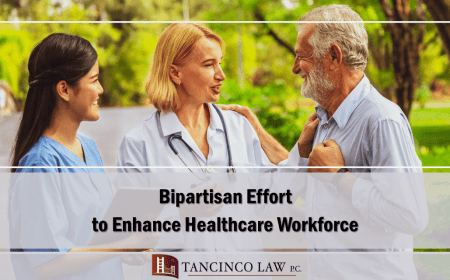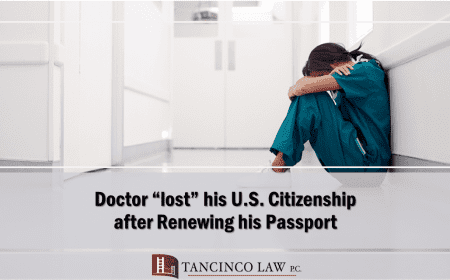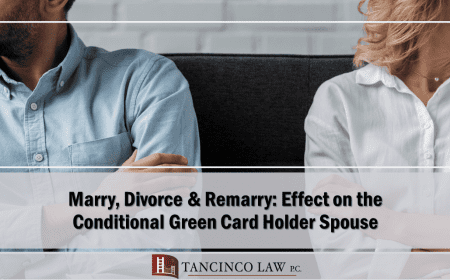Come December 23, 2022 the US Citizenship and Immigration Services (USCIS) will follow new rules to determine whether a person seeking residence is a “public charge.”
Being deemed a public charge – someone who causes more burden than benefit to the United States – can determine admission into the US and the chance to become a lawful permanent resident.
This is very important especially for noncitizens, since many have reportedly withdrew themselves from availing of public benefits because of the fear of being seen as a public charge.
Let’s talk about what the USCIS’s new standards starting December 23, 2022.
Under the final rule, USCIS will determine if you are likely to become a public charge based on the following:
- Your age, health, family status, financial status (including assets and resources), education, and skills;
- Whether a sponsor has submitted Form I-864, Affidavit of Support Under Section 213A of the INA, for you (when required)
- Whether you have received or are receiving:
- Supplemental Security Income (SSI);
- Cash assistance for income maintenance under Temporary Assistance for Needy Families (TANF);
- State, tribal, territorial, or local cash benefit programs for income maintenance (often called “General Assistance”); or
- Long-term institutionalization at government expense.
DHS will not consider in public charge determinations – benefits received by family members other than the applicant.
- receipt of certain non-cash benefits for which noncitizens may be eligible.
These benefits include: Supplemental Nutrition Assistance Program (SNAP) or other nutrition programs, Children’s Health Insurance Program (CHIP), Medicaid (other than for long-term institutionalization), housing benefits, any benefits related to immunizations or testing for communicable diseases, or other supplemental or special-purpose benefits.
To ensure that USCIS agents will enforce these standards fairly and humanely, the Department of Homeland Security will publish a policy manual update to guide officers.
The DHS will also reach out to communities to clarify what the new rules mean for them, their families, and the people they care about who might be scared of being labeled as a public charge.
To learn better about how to avoid being seen as a public charge, reach out toa trusted immigration lawyer.




